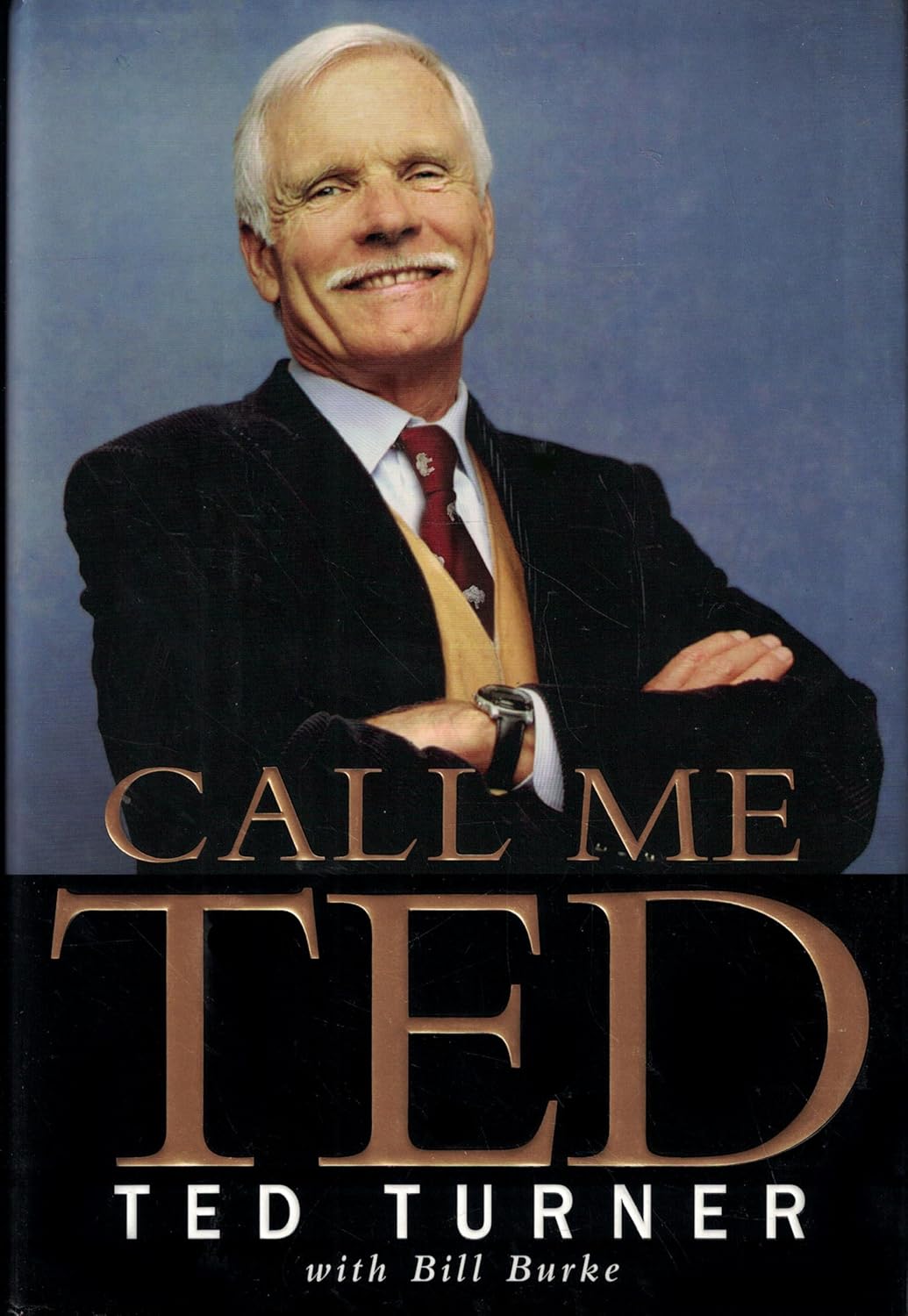Ted Turner Part 6: What I Learned from the Content King
I finished reading about Robert Edward “Ted” Turner III’s journey. His autobiography details his life through 2009, when he was about 71. Today Turner is 85 and lives a less public live.
How Did Turner’s Early Years Impact His Journey?
Turner’s father had an outsize impact on him and was the reason he became an entrepreneur. His father was a complicated man. He instilled a strong work ethic in his son at an early age. He openly shared with Ted the wisdom he’d gained building his billboard business, and he gave Ted the opportunity to learn lessons by leading a division within his company. However, he was also controlling, an alcoholic, and a womanizer. He physically beat, psychologically manipulated, and rarely praised his son. His suicide shattered Turner’s world and left a void that would never be filled.
The McCallie School, then a Christian military academy, had a positive impact on Turner and turned him into a leader. The structured environment was different than his unstable upbringing and one that he thrived in. It allowed him to channel his high energy and work ethic toward positive outcomes. As he succeeded and led others, he received positive reinforcement, which made him strive for more achievement. His desire to excel and be noticed drove him to join the debate team, where he developed analytical and persuasion skills that were critical to navigating problems as an entrepreneur.
How Did Turner Become So Successful?
Turner inherited a sizable business from his father, so he avoided the challenging start-up period during which many businesses fail. Instead, he was able to focus on building on his father's success. Turner inherited this company when he was just 25. Considering that runway length is one of the most important inputs in the compounding formula, his inheritance at an early age positioned him well for outsize success.
Turner quickly understood the impact that new technology would have on his ability to grow his business rapidly. Turner realized that billboard advertising was no longer a growth business and shifted to television advertising. This led to his owning a television station, which led to his discovery of cable TV and satellite distribution. He understood that cable was growing rapidly and that as more houses were wired for cable, subscriber fees from cable operators would grow rapidly while his costs stayed relatively flat. Cable distribution was an amazing form of leverage to create a rapidly growing and highly profitable business.
Turner understood the value of good content and how to maximize its value creation. He bought libraries of movies and cartoons that weren’t being used. He knew he could create cable channels dedicated to these content genres and distribute them to millions of households via cable TV. He could pay more than rival bidders for these libraries because he had the know-how and distribution means to maximize their value.
Turner was a master at using stock-based deals to grow his business and his wealth. He used his company stock to acquire companies when he could, which preserved cash and reduced the debt required to close deals. It also aligned his interests with the owner of the company he was acquiring. When he sold Turner Broadcasting, he didn’t sell for cash. He was compensated in Time Warner stock. He didn’t have to pay taxes on the sale and was able to continue compounding his wealth through significant ownership of Timer Warner shares.
What Kind of Entrepreneur Was Turner?
Turner preferred to buy businesses rather than build them from scratch. He had some founder traits and was gifted at launching new channels, but that’s different than launching new companies. He did more buying of existing businesses than starting them from zero. The foundation of Turner Broadcasting was a company he inherited from his father, and he continually built on this foundation through acquisitions.
Turner was a visionary entrepreneur. He was not operationally gifted or detail oriented. He focused on identifying growth opportunities and left the details of execution and managing day-to-day operations to his managers.
What Did I Learn from Turner’s Journey?
Turner’s journey taught me that you can maximize the value of evergreen content by repackaging and distributing it differently. Turner created immense value from decades-old movies and cartoons by repackaging them as part of channels focused on those types of content. He also was able to get the content to consumers who otherwise wouldn’t have access to it by distributing it via cable TV. The content was old, but it was new to viewers of his channels, and it helped those channels generate high ratings.
Turner is an amazing entrepreneur and an Atlanta legend. His autobiography describes a life of extreme highs and extreme lows. Anyone interested in learning more about him will benefit from reading this book.
Prefer listening? Catch audio versions of these blog posts, with more context added, on Apple Podcasts here or Spotify here!




